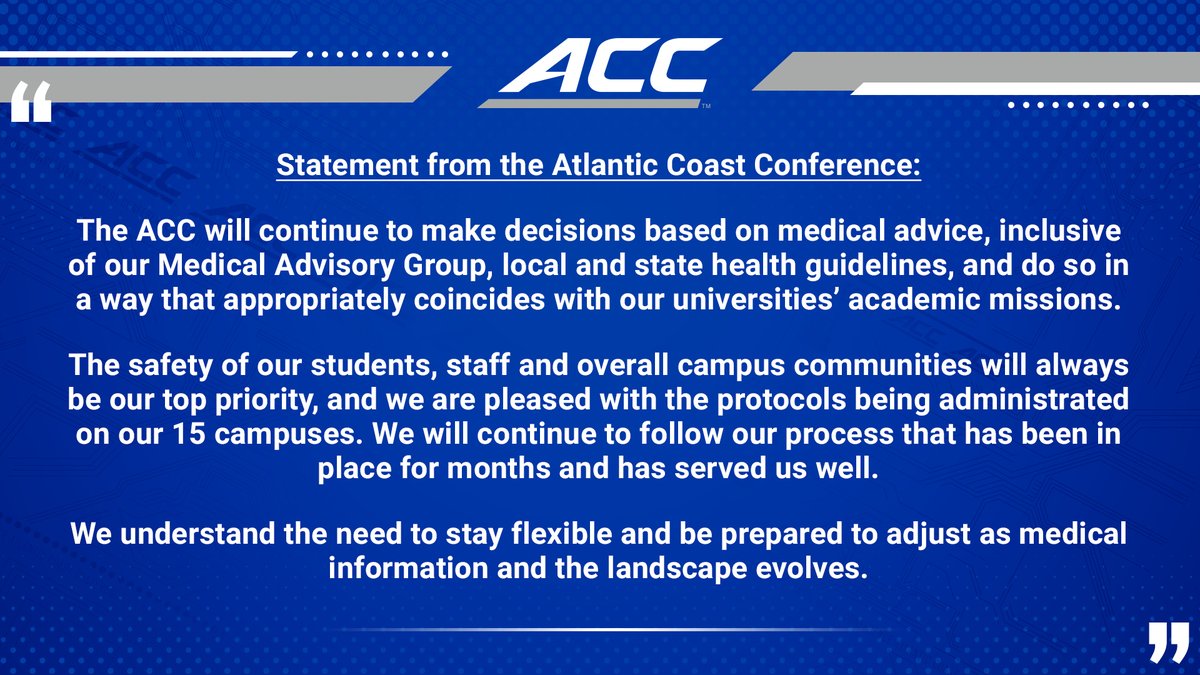If a players union is ever going to exist at the college level, it will not come from the generosity of college athletics administrators.
Earlier this week, a group of Pac-12 players sent a letter to the Players’ Tribune with a list of demands for the conference and are threatening to opt-out of the 2020 football season should those demands not be met.
The list was later shared by a number of Pac-12 athletes on Twitter, including Oregon star Penei Sewell, who is a projected early first-round pick in the 2021 NFL Draft.
The players’ demands cover a wide range of issues, from COVID-19 safety to racial justice and compensation. For COVID-19 protections, players want the ability to opt-out of the season free from punishment within their programs and for safety standards to be maintained by a third party. To protect the status of all sports during the pandemic, they are demanding pay cuts from Commissioner Larry Scott, as well as coaches and administrators.
They also want the right to profit off their name, image and likeness, as well as the distribution of 50 percent of total conference revenue from each sport evenly among the athletes in those sports.
In response to this, players across the nation voiced their support for the movement, including Florida defensive end Zachary Carter.
Groups of players in both the Big 10 and Mountain West followed suit, giving their own list of demands to conference administrators. However, the lists of demands from those conferences aren’t as broad as that of the Pac-12 players. They only address COVID-19 safety and not wider-reaching social issues.
These movements have shown unprecedented levels of player organization at a time when it is desperately needed. As players unions in the NBA, MLB and NFL have negotiated substantive protections for their players, college athletes — who have no representation whatsoever — have been largely forced to go along with the (generally terrible) decisions made by those who allegedly care about their best interest.
Of course, the players have power; any group of organized laborers does. It’s the reason trade unions exist in the first place. But without a union (which the players desperately need for a number of reasons, as the Pac-12 players have demonstrated), the players are essentially powerless as individuals.
That’s why these grassroots organizational movements are so important. Once players realize they have power in numbers, they will be able to affect change within the system. Maybe not everything they are demanding, but significant change nonetheless.
If a players union is ever going to exist at the college level, it will not come from the generosity of college athletics administrators. Allowing the players, who aren’t technically employees, to unionize would give the game away for the NCAA. If players can collectively bargain, the current system of college athletics would be burned to the ground.
And it should be.
Because ultimately, the value of college sports isn’t derived from the NCAA. It comes from the players. And the only way the players will get what they deserve is if they force the issue through organized, collective action.
If met, the demands of the Pac-12 players would preclude the league from competing in NCAA-sanctioned events, as nearly all of them violate current amateurism rules. But, so what? Do the conferences really need the NCAA to survive?
Talking to ESPN, Ramogi Huma, founder of the college athletics advocacy group the National College Players Association, phrased the answer succinctly.
Huma said the players are aware that if the Pac-12 met their demands that the conference would not be eligible to participate in NCAA-sanctioned competitions or championships.
“Right now, it’s clear that the conferences don’t need the NCAA. Each conference is an industry unto itself,” Huma said. “[The players are saying,] ‘We’re fine if our conference doesn’t belong to the NCAA at all. We need to be treated fairly.'”
Don’t misunderstand, some reforms are certainly possible within the system, as state legislators allowing players to be compensated for the use of their names, images and likenesses shows.
But historically, massive, systemic reforms for labor groups tend to stem from one thing and one thing only: tireless and unflinching advocacy from the laborers themselves until those taking advantage of them have no choice remaining but to listen.
[lawrence-related id=17201,16181,11677,6219]









